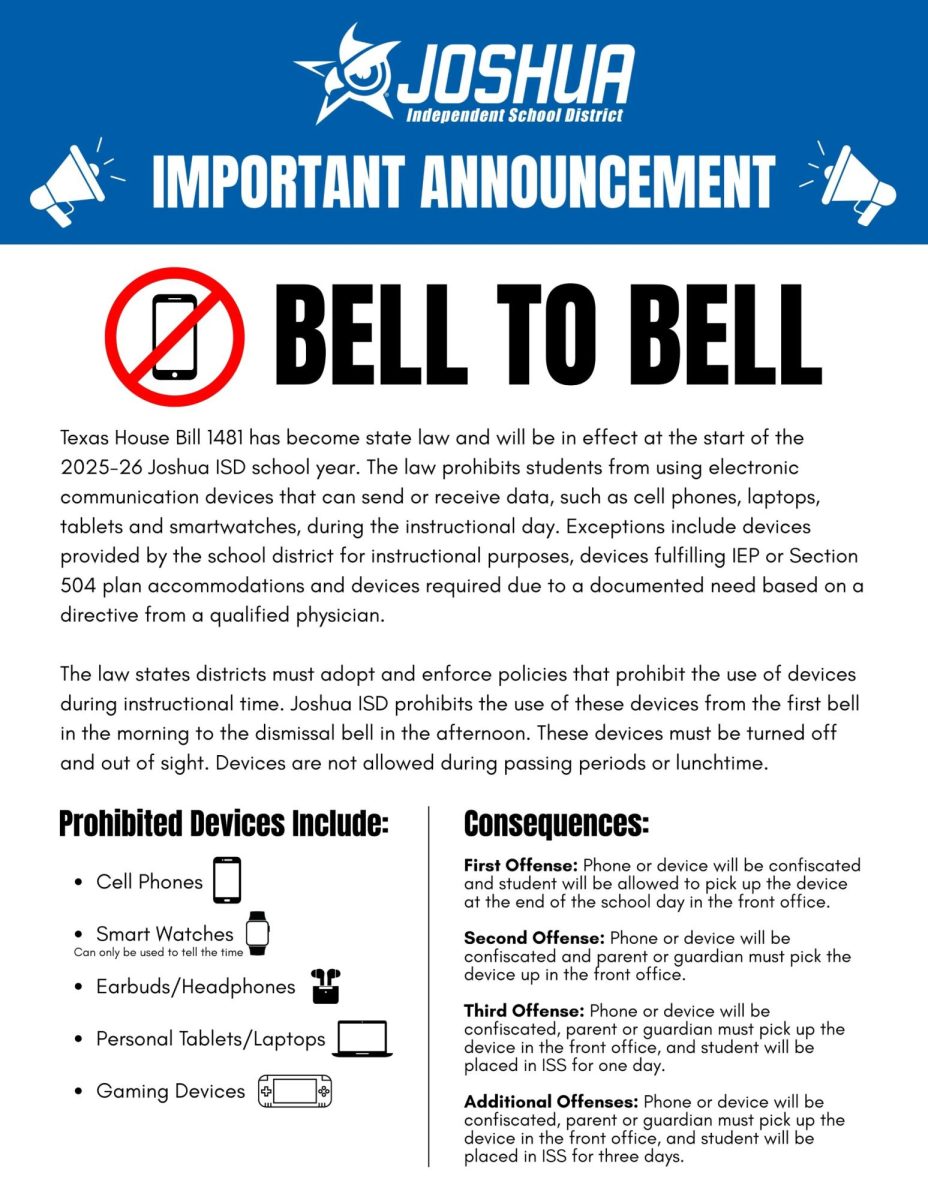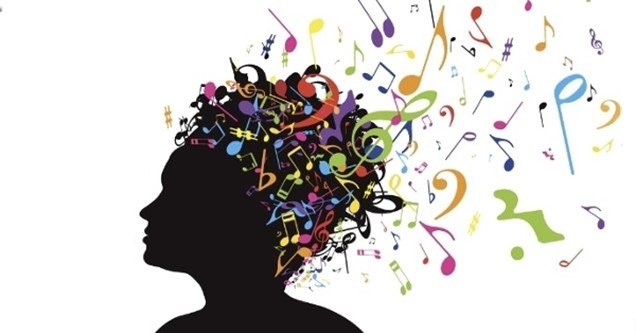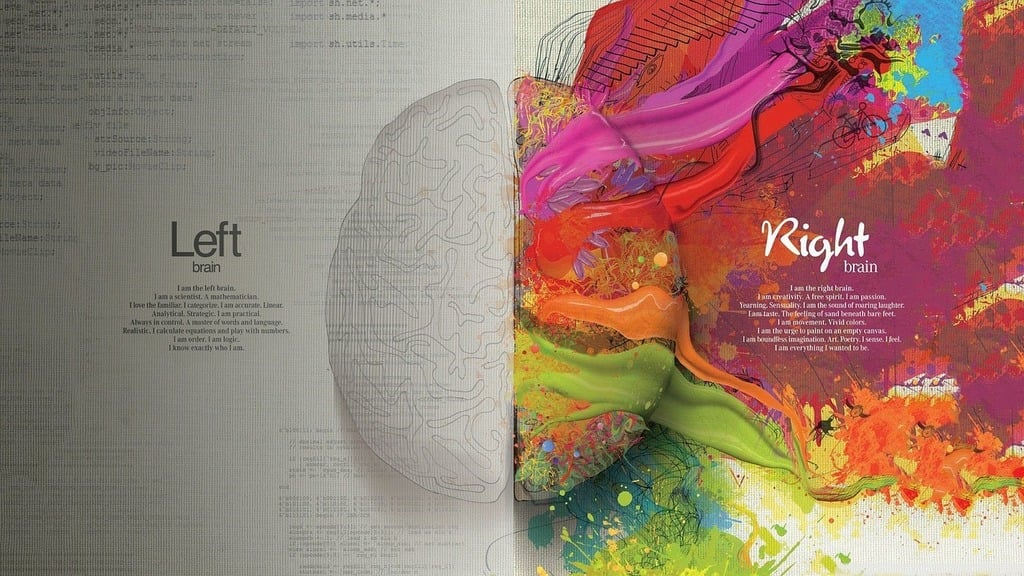Every year, people celebrate Epilepsy Awareness month in November. This month is meant to uplift those who live with epilepsy and educate some on what it means to experience seizures. This awareness month should be talked about as the disorder is still widely misunderstood. Epilepsy is a disorder in which the nerve cell activity in the brain is disrupted, leading to a seizure.
Epilepsy occurs all around the world with an average of five million people (Approximately 150,000 in the United States) diagnosed with the disorder every year. The reason for this is simple: it’s extremely easy to gain epilepsy. Multiple examples of ways to gain epilepsy are: from tumors, strokes, brain damage, illness, injury, and at times a combination of these. For symptoms there are a multitude of them.
Examples of those symptoms are: staring, uncontrollable jerking movements of the arms and legs, loss of consciousness, appearing confused or in a daze, loss of bowel or bladder control, falling suddenly for no apparent reason and memory loss. There is no need to worry, however, as the most common time to gain epilepsy is when someone is a small child (1-10 years of age) and from the age 65 or older. Another point is that for people who gain epilepsy during their lifetime it is easier to remedy, compared to those who gain it genetically and are born with it.

The first documented report of epilepsy was during 1050 BC in one of the oldest Babylonian medical texts called the Sakikku. Even though epilepsy has been around for an extremely extensive period of time, as stated previously, it is still incredibly misunderstood. According to the Epilepsy Foundation of Texas, the reason for this misunderstanding is because of the common misconception of how epilepsy is extremely similar or the same between people. Many people believe strobe lights are the only cause for epileptic seizures. This is incorrect, because epilepsy is different for every person and some may not even have a problem with strobe lights.
Another problem that is known to occur with most forms of epilepsy is hallucinations and schizophrenia. The two most common hallucination types are olfactory hallucination and auditory hallucinations. Olfactory hallucinations affect what one smells, while auditory hallucinations affect one’s hearing as it makes them hear sounds that aren’t actually there. The reason for schizophrenia is caused by the increase in hallucinations leading to an increased chance of gaining schizophrenia.

Epilepsy Awareness Month tries to tackle all these topics in its “main idea” helping those who still misunderstand it and provide awareness for those with epilepsy. This awareness month was initiated by The Epilepsy Foundation; people can donate money to assist the Epilepsy foundation in helping epileptics all around the world. Donating shows how much you people and allows the Texas branch of the foundation to provide for people with epilepsy and their family members. The donation also allows for the foundation to inform people about epilepsy as stated previously. The Epilepsy foundation of Texas could really use support, so please visit their site below to see how you might personally lend a helping hand. Donation link: www.eftx.org/ways-to-give/
Sources: Mayo Clinic Epilepsy, World Health Organization, Nationwide Children’s, Children’s Hospital of Michigan, Medical News Today, Epilepsy Foundation.



























